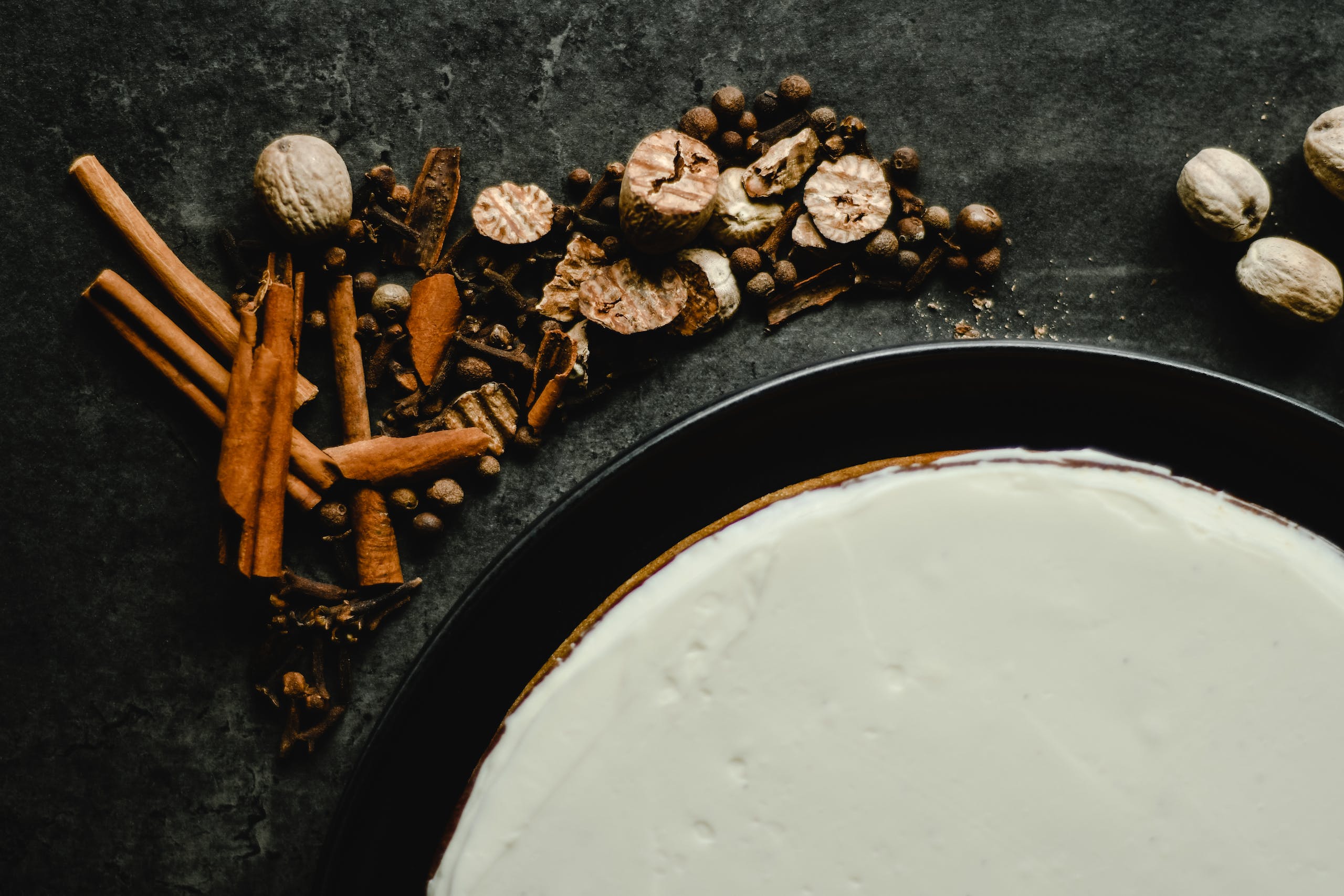Nutmeg for Insomnia: A Natural Remedy for Better Sleep
There are some affiliate links below, but they are all products I highly recommend. For more info, view my disclosure here.
If you’re someone who struggles with insomnia, you’re not alone. Millions of people around the world struggle to fall asleep or stay asleep at night. While there are plenty of prescription and over-the-counter sleep aids available, many people prefer to use natural remedies instead. One such remedy that has gained popularity in recent years is nutmeg.
Nutmeg is a common kitchen spice that is often used in baking. However, it has also been used for centuries as a natural remedy for a variety of ailments, including insomnia. Nutmeg contains a compound called myristicin, which has been shown to have sedative effects. This compound works by increasing the production of a neurotransmitter called GABA, which helps to calm the nervous system and promote relaxation.
Understanding Nutmeg and Its Sleep-Inducing Properties
Nutmeg, an aromatic spice derived from the seed of the Myristica fragrans tree, has been used for centuries in traditional medicine and cooking. It is primarily grown in the Spice Islands of Indonesia and is a common spice in many cuisines worldwide. However, nutmeg is also known for its medicinal properties, particularly its sedative effects that can aid in improving sleep quality.
Historical and Cultural Significance
Nutmeg has a rich history and cultural significance. It was a highly prized spice during the Middle Ages and was considered a symbol of wealth and status. Nutmeg was also used in traditional medicine to treat various ailments, including insomnia. In some cultures, nutmeg is still used as a natural remedy for sleep disorders.
Nutmeg as a Natural Sedative
Nutmeg contains a natural chemical called myristicin, which has mild sedative effects. This natural sedative can help induce sleep and improve sleep quality. Nutmeg oil, extracted from the seed, is also used in aromatherapy to promote relaxation and restful sleep.
Scientific Perspective on Nutmeg and Sleep
Studies have shown that nutmeg can improve sleep quality by increasing the amount of deep sleep and reducing the amount of wakefulness during the night. A study published in the Journal of Ethnopharmacology found that nutmeg oil had a significant effect on sleep quality and duration in rats. However, more research is needed to determine the effectiveness of nutmeg in humans.
Nutmeg is a natural sedative that can aid in improving sleep quality. Its medicinal properties have been recognized for centuries, and it continues to be used as a natural remedy for sleep disorders. While more research is needed to fully understand its effects on sleep, nutmeg remains a popular and effective option for those seeking a sound and restful sleep.

Practical Usage and Safety Considerations
Preparing Nutmeg for Better Sleep
Nutmeg has been used for centuries as a natural remedy for sleep disorders. To prepare nutmeg for better sleep, you can add a teaspoon of nutmeg powder to a glass of warm milk or warm water. You can also make nutmeg tea by boiling a teaspoon of nutmeg powder in water for a few minutes and adding honey or lemon for taste.
To note that nutmeg is a potent spice and should be used in small amounts to avoid adverse effects. You can also mix nutmeg powder with a carrier oil and apply it to your temples or behind your ears to promote relaxation.
Recommended Dosages and Potential Side Effects
The safe dosage of nutmeg powder ranges from 1-2 grams per day, which is equivalent to a quarter to half a teaspoon. Consuming high doses of nutmeg can cause adverse effects such as dry mouth, nausea, and dizziness. To consult with a healthcare professional before using nutmeg as a sleep aid, especially if you have any underlying health conditions.
Integrating Nutmeg into a Holistic Sleep Strategy
While nutmeg can be helpful in promoting better sleep, consider lifestyle changes and overall health to improve sleep quality. Getting enough sleep, reducing stress levels, and maintaining a healthy immune system can also contribute to better sleep.
If you are experiencing chronic sleep disorders, it is recommended to seek medical advice and consider integrating nutmeg as a complementary therapy. Nutmeg can be a useful addition to a holistic sleep strategy when used safely and in moderation.






